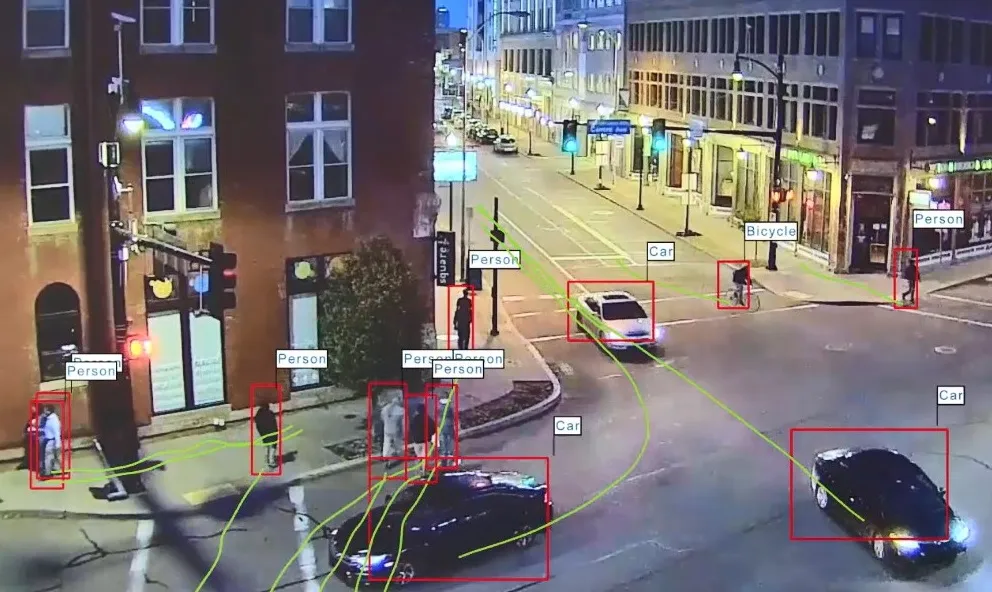Siemens Mobility and Logistics division has joined an affiliation of infrastructure device makers and operators to expand deployment of vehicle to infrastructure (V-I) communications. The affiliated test bed, organised by the Intelligent Transportation Systems Joint Program Office (ITS JPO) of the US Department of Transportation (USDOT), will focus on deployment of connected vehicle technology, the wireless exchange of critical safety and operational data between vehicles and specific road infrastructure l
December 11, 2013
Read time: 2 mins
Connected vehicle technology is designed to link mobile devices or vehicle navigation systems with roadway infrastructure, including traffic signals. Drivers could access the technology via mobile applications or through connected vehicle software manufactured into new vehicle computer systems. The technology will warn drivers to avoid collisions or inform them of an impending severe weather condition. It can also warn drivers that a red light violation will occur well before entering an intersection. Siemens provides both the intelligent traffic control technologies and specialised 5.9 GHz wi-fi radios that allow for the communication between vehicles and roadway infrastructure.
The affiliation will help ensure all future connected vehicle applications are based on common implementations of the communications technology and will harness the collective abilities of its members. Goals of the Affiliated Test Bed include information exchange between members, sharing deployment lessons learned, developing a common technical platform for V-I communications, and expanding test bed options for users. Siemens, together with their distributor Carrier and Gable, is currently participating in a connected vehicle test bed with the USDOT in Michigan.
“Siemens is excited to be a part of this groundbreaking group that understands the importance of bringing advanced technology to our vehicles and roadways,” said Stephen Matthew, head of Product Marketing, Siemens Road and City Mobility. “The connected vehicle platform will make significant strides in making our roadways increasingly safe, more intelligent, and preparing US infrastructure for the needs of the 21st century.”








